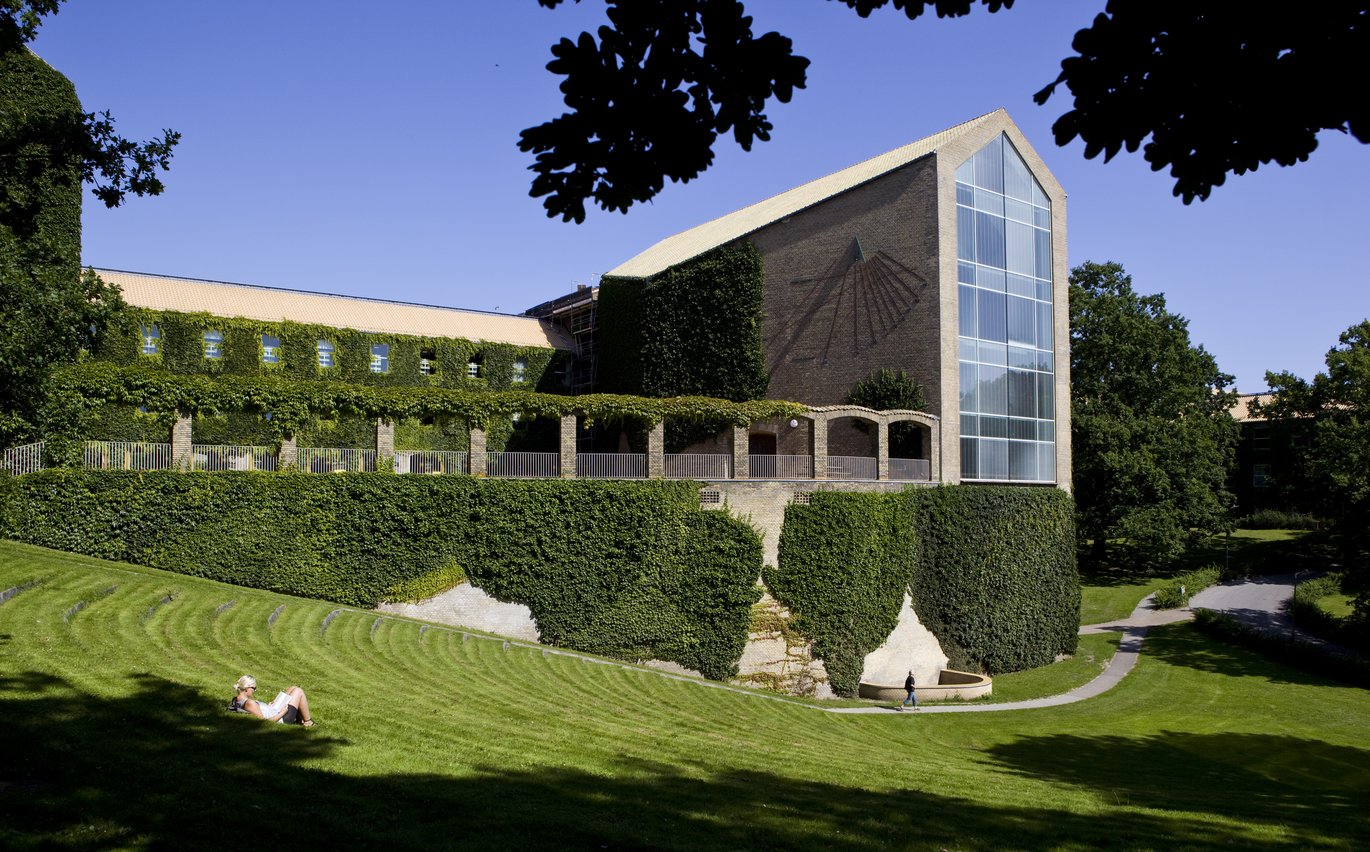New research centre to strengthen digital citizens
A new research centre is being established at Aarhus University. The interdisciplinary centre SHAPE will focus on citizenship and democracy in a digital age.

Research at SHAPE, the new interdisciplinary centre, will focus projects that illuminate different aspects of the relationship between digitalisation and citizenship.
SHAPE stands for Shaping Digital Citizenship.
For example, one project will explore our ‘digital doubles’ – understood as the data the authorities gather about us that paints a picture of who we are. But is this data detailed enough – or is it too detailed? And what happens if the authorities’ data is inaccurate, so that our digital twin does not resemble us well enough?
Another project will examine different types of digital activism, and how we ensure that democracy can accommodate activism – and maybe even be inspired by it in connection with the development of IT or new legislation.
SHAPE will become a reality thanks to the board’s decision to allocate DKK 10 million from the university’s strategic funds to the centre in 2022-2023. Rector Brian Bech Nielsen emphasises that there is a strong interest in getting the centre up and running.
“We must cultivate and take advantage of the obvious potentials of digitalisation. But at the same time, we must be aware that technology should serve us as human beings and as citizens. Not the other way around. It is important to strengthen this dimension in the Danish research landscape,” he says.
A centre that combines perspectives from different disciplines
The centre will be located at the Faculty of Arts. In addition, researchers from Natural Sciences and Aarhus BSS will also take part in the research at SHAPE. In the long run, researchers from more faculties will be able join in, just as SHAPE will also seek to collaborate with government agencies and institutions, civil society and businesses.
It is no coincidence that the centre will be located at Arts, Rector Brian Bech Nielsen emphasises:
“Arts has a strong position within digital humanities and will contribute important knowledge about media, citizenship and digital user behaviour. At the same time, there are some obvious overlaps with the social and natural sciences, and I am therefore pleased that the centre has also been able to bring in several strong research competencies within these areas. From the very beginning, SHAPE should be a centre that combines a breadth of perspectives from different disciplines.”
It’s people who write the code
Dean Johnny Laursen also views the centre as Aarhus University’s way of asserting that the humanities have an important role to play in a digitalised society.
”We need a strong contribution from the Humanities to develop a sustainable relationship with digital technologies and their societal consequences. Algorithms should be working for society - not the other way around”.
SHAPE will start working on research projects at the beginning of 2022. No centre director has been appointed yet, but that is expected to fall into place in early 2022 – just as there is an aim to involve number of junior researchers.